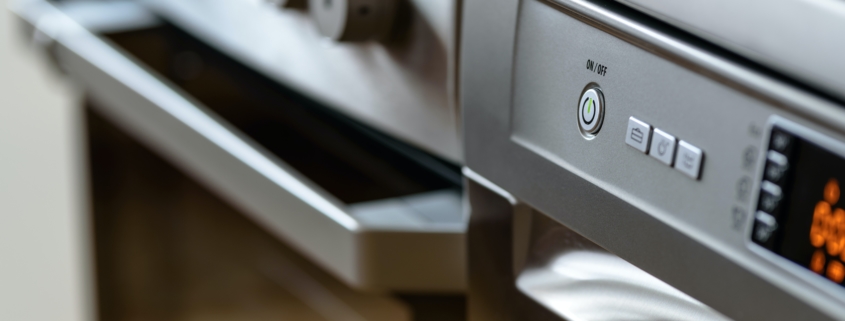What are Appliance Warranties and Are They Worth It?
How to Protect Your Home Appliances with an Extended Warranty
Some of the largest appliances in your home are worth several thousands of dollars or more. Repairing or replacing your major appliances can cost you a small fortune. That’s why many homeowners sign up for appliance warranties. These policies cover the cost of damage and mechanical issues, so you don’t have to dip into your savings every time you need to repair one of your appliances. Learn more about home appliance warranties and how they can help you save money over time.
Appliance Repair Warranties
Most appliances come with a manufacturer warranty that will cover the cost of repairs anywhere from one to three years after the initial date of purchase. Once the manufacturer warranty expires, you have two options for protecting your appliances: you can sign up for a home warranty or an appliance-specific extended warranty.
An appliance extended warranty is like having insurance for the devices that keep your home running. When your appliance breaks down, the policy will cover all or a portion of the cost of repairs depending on the terms and conditions. Extended warranties are designed to protect individual appliances, such as automatic dishwashers, refrigerators, oven or stovetop, and electrical systems. You can get an extended warranty through the manufacturer, retailer, or a third-party warranty company.
Home warranties combine coverage for multiple appliances into one policy. These policies are generally more expensive than extended warranties but lumping all of your appliances into a single policy might be cheaper than taking out individual policies for each appliance. Home warranties tend to provide more coverage than extended warranties, including more complex and expensive repairs. You can buy home warranties through a home warranty company.
The main difference between home and extended warranties is that the former protects the entire home system, while the former protects the individual appliance.
Both polices are designed to cover the cost of general wear and tear, including mechanical failure and technical issues, which can help you save money when repairing and replacing your appliances.
Do You Need an Appliance Extended Warranty?
You will likely need some form of additional protection beyond the original manufacturer warranty if you want to avoid paying for repairs out of pocket. You probably won’t run into problems with your new appliance during the first three years, so consider signing up for either a home or extended warranty once the original warranty expires.
You may not need an appliance warranty if your device is long past its prime or you are considering replacing it in the near future. Some warranties can $30 or more per month. There’s no point in paying this fee if your appliance is on its way out.
Keep track of your current warranty to see what kinds of repairs it will cover and how you will be reimbursed. You may have to pay for the repairs out of pocket and then wait for the warranty company to send you a check.
If your original manufacturer warranty is about to expire, schedule an inspection with an appliance repair professional to make sure your machine is working properly. This may be your last chance to fix any issues before the policy lapses.
Continue repairing your appliances after your warranty expires. If you fail to address issues as they arise, your appliance will continue to sap water or electricity until it breaks down entirely.
Contact the professionals at Absolute Appliance Repair in San Francisco to schedule an annual checkup before your warranty expires.




